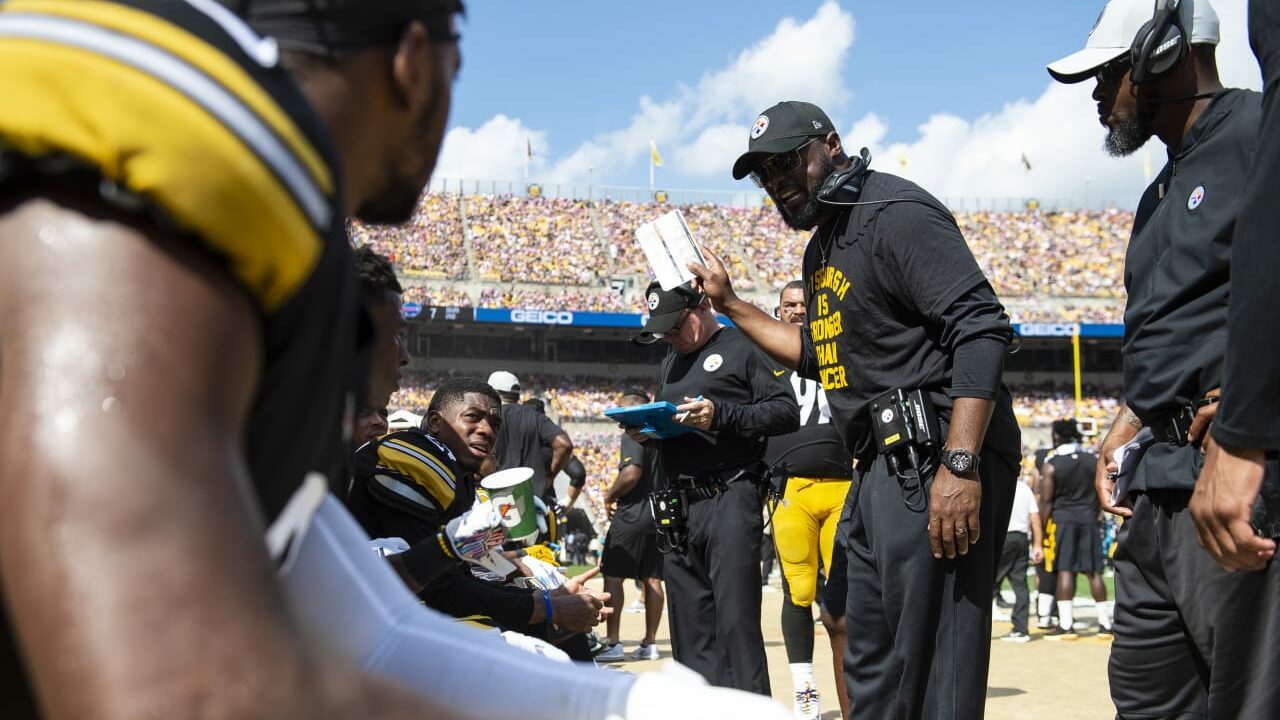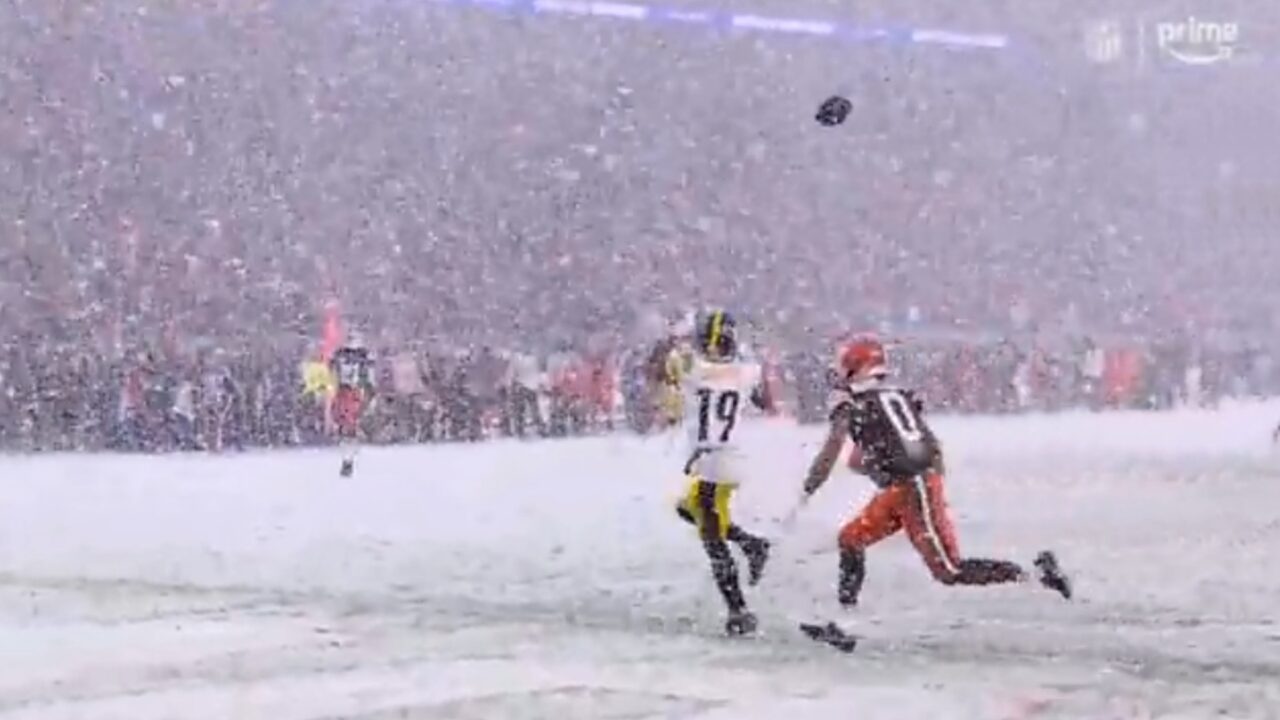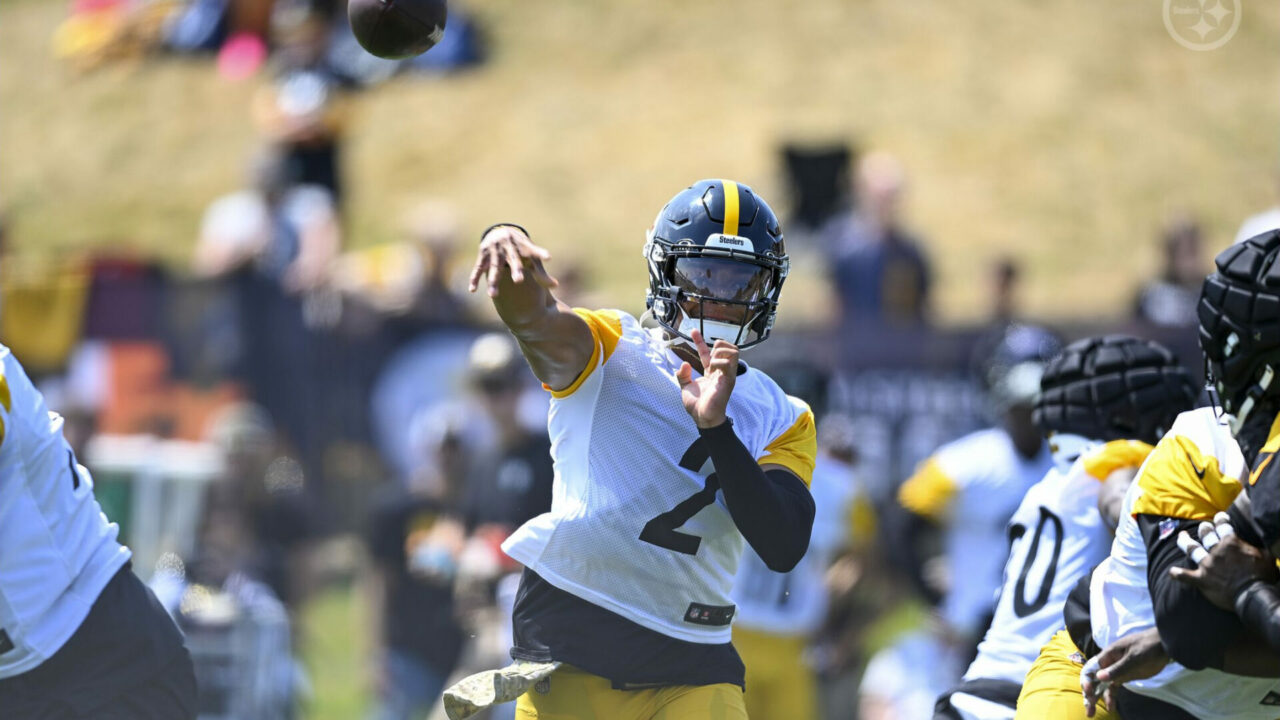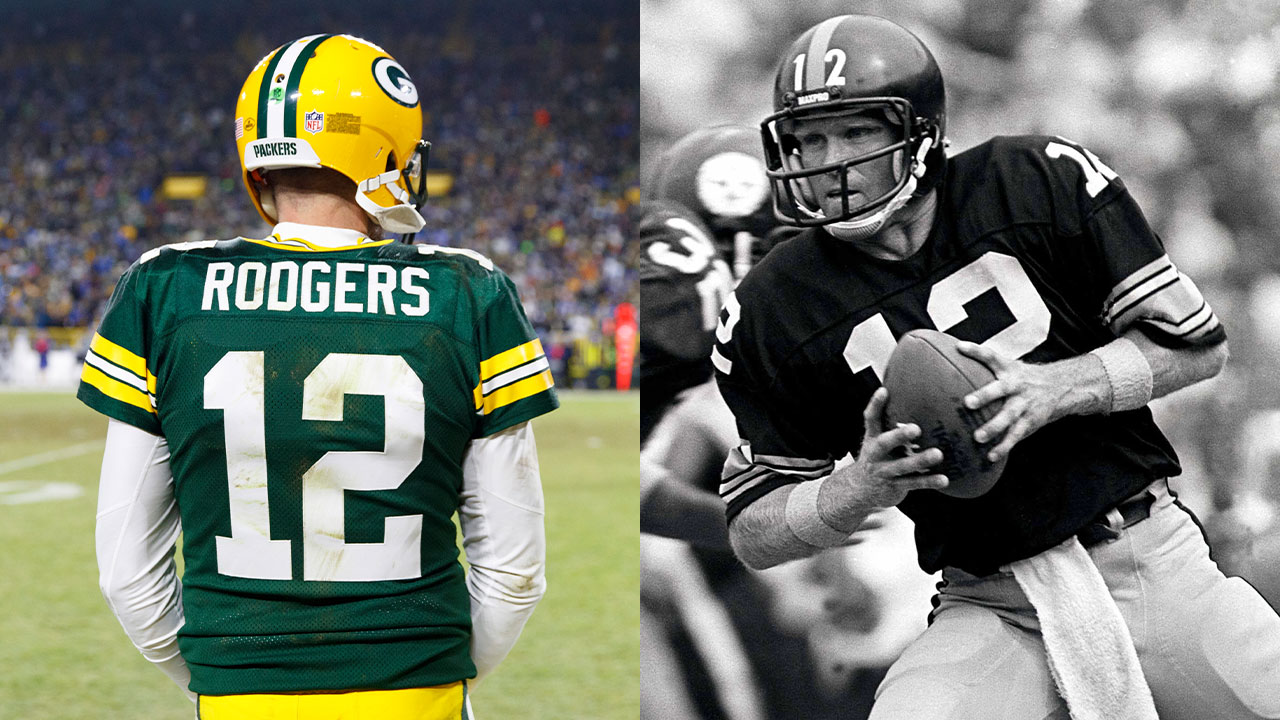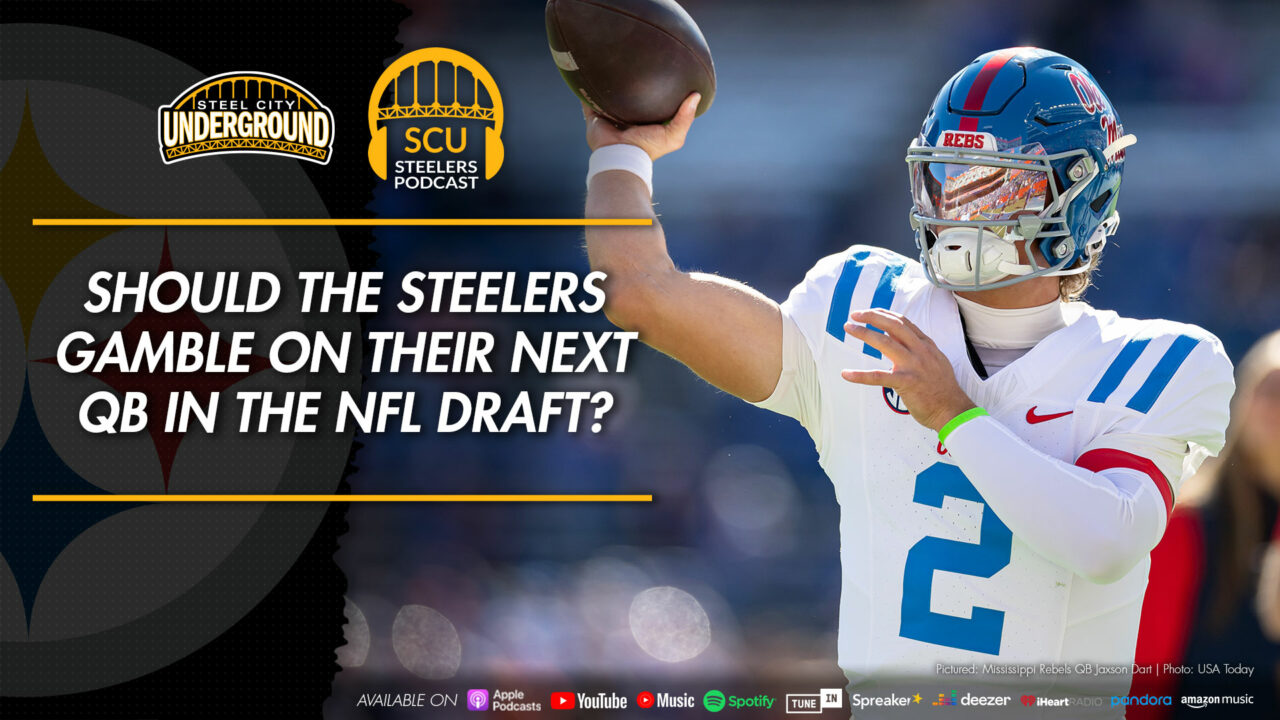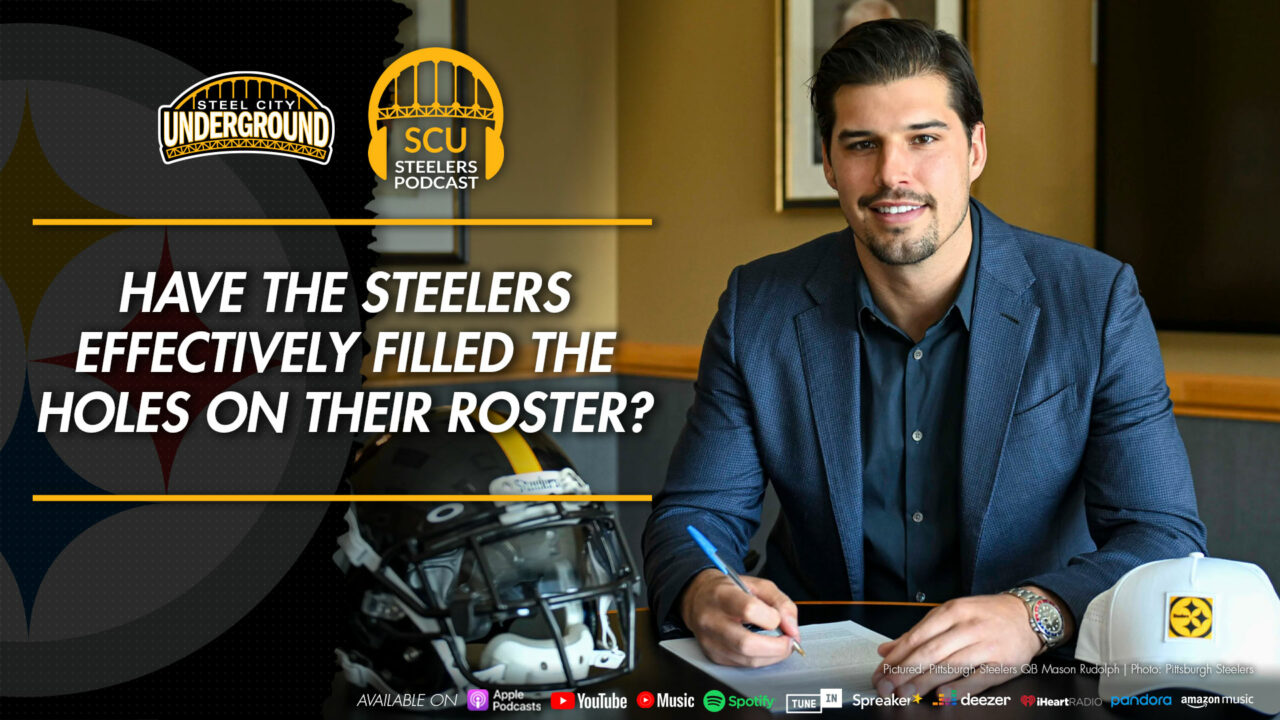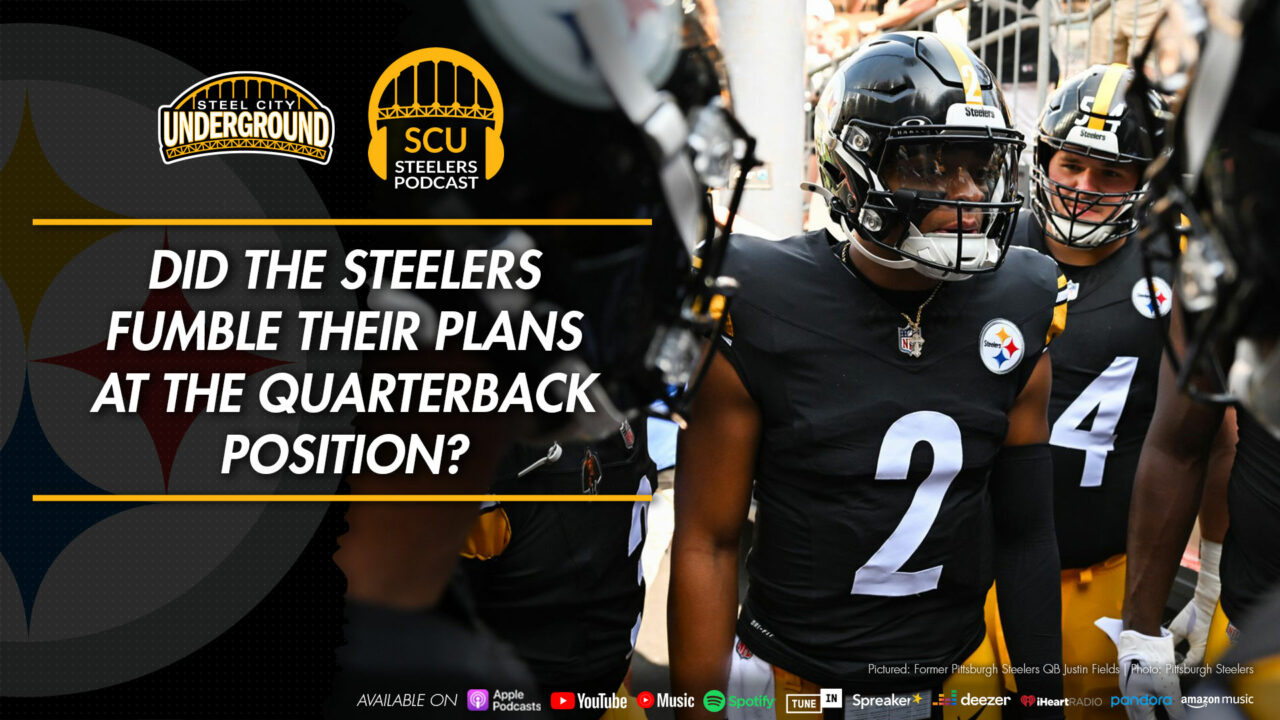Is Steelers’ Mike Tomlin truly a “players coach” or not?
Over the course of months, I heard debate after debate between Pittsburgh Steelers fans about who head coach Mike Tomlin is, was, continues to be. The top negative terminology used to describe Tomlin was this: “players coach.”
After nearly two weeks of interviews, social media discussions, and polling, I believe I found key things about that phrase. One, some fans use it as a derogatory term while others use it as a positive. Two, even coaches do not agree that the term means the same thing as it does to someone else, but they come pretty close in how they use it.
In this editorial, I break down all the information I collected from various sources as concisely as possible in response to the question of whether or not Tomlin truly is a players coach or not.
How it all got started
When I first heard the phrase, I was genuinely curious about how it was being used in relation to Mike Tomlin. 2023 was a tough season for the Pittsburgh Steelers, so a frustrated fan base was not unexpected. Fans want victories, and the greatest victory of all in the NFL is the Super Bowl.
With the off-season having begun for the team, it seemed the right time to dig deeper into this topic and present it so that fans can analyze it themselves and come to their own conclusions.
What is a “players coach” ?
The question is a bit of a loaded one. Why? Well, the answer depends on interpretation and not on any true defined terminology. You can’t simply go to a sports encyclopedia and get a set result.
The best way to break it down is to do so in three ways. So, that’s how I approached the problem.
1. The derogatory usage of the term
In my findings, fans that expressed mostly negative attitudes towards Tomlin used the term “players coach” to infer that he was the type of coach that had very little business sense and low loyalty to the organization as opposed to siding with how players felt and expressed themselves. They often used terminology that described Tomlin as not having “control of the locker room”, not being able to be an adult (inferring he was more like a “big brother”), lacking an ability to hold players accountable, and encouraging behavior by players that fans were disappointed by (example: Diontae Johnson not hustling to recover a loose football). They often suggested he was “too stubborn” or “set in his ways” to adjust his schemes or play appropriate to the level of an opponent.
Hypotheticals were the basis of their terminology and subsequent determination: If Tomlin wasn’t doing what they felt was more akin to a CEO, if he wasn’t public about how business was handled, then he was not satisfying their idea of what an NFL head coach should be. He was trying to be a player, not a coach.
The majority of those using the derogatory form felt that Tomlin should no longer be with the Steelers as head coach.
2. The positive usage of the term
Many fans expressed that their definition of Tomlin being a players coach was due to the fact that he’d been a player himself, that he knew what it was like to practice hard, that he knew the level of intensity needed to play at a professional level. They may not have personally met him, but felt he followed through on statements he publicly made regarding individuals on the team (for example: stating that George Pickens had been spoken to about maturity and adversity and how to handle it).
These same fans often referred to the fact that, “regardless of his win-loss record,” Tomlin had a responsibility to the organization and the players, but did not have an obligation to listen to or appease the fan base. They were mixed 50/50 on whether they felt Tomlin should remain head coach of the Steelers, but often referred to the respect he garnered from players – including those not on Pittsburgh’s squad – as a reason why they felt being a players coach was positive.
3. What does a self-described players coach say?
While I wasn’t able to get a specific answer from any NFL peer of Mike Tomlin, I did find coaches that were willing to outline what the term meant to them.
Emory Wilhite actually wrote an excellent piece for FootballCoach.com explaining his definition:
“A “players’ coach” is able to take into consideration everything he uses in his formula to call plays, schemes, and makes decisions…while keeping in mind the players thought process and emotions…
… If you hate their music, cannot stand their style or don’t want them to walk with swagger….you sir, are not a players’ coach.”
Junior college football coach Bret B. (last name withheld at his request) said the following:
“If you’ve never been in a football program as a player first, you can’t say you’re a “players coach” because you have no idea what it’s like to do two-a-days in the hot sun, feel like you let down a teammate because you got injured, want the ball in your hands because you have the gut feeling you can make the winning play.
A coach who’s been there as a player knows what it takes to get a first down on the road, understands how to read the opponent, has been poked in the eye a few times. That coach knows the pain, the frustration, the desire, and the deep dark that is a loss “
Conclusions?
After carefully considering the information I’d been given, I finally came to my conclusion. Mike Tomlin is a player’s coach… but these are the attributes I feel have made him one; they’re based on others’ input as mentioned above, but also nearly two decades of covering the Steelers and also as a lifelong fan.
Tomlin has extensive knowledge of the game of football, no disputing that. He’s played, he’s coordinated, he’s coached. He has experienced the game. He understands what it feels like – good and bad – in practice and in games. He has talked extensively about how important it is for him to come from a place of having experienced the many facets of football and to share that with those he coaches – his players.
Tomlin has rolled the dice with assistants, coordinators, and players, that hasn’t always had a positive result. Some would argue that he’s placed too much faith in certain individuals to his own downfall. He’s also rolled the dice against opponents, and it has had some ugly results. Such is football.
I look at Bill Cowher, a Hall of Fame coach, and see a lot of those same traits in him. Andy Reid is taking his Kansas City Chiefs to the Super Bowl and making jokes about chicken “nuggies” in commercials, but he has the respect of his team (or at least he appears to, right?) Chuck Noll, for all of the myriad of things said about his coaching style, fits many of the positive and negative things said about players’ coaches, and I’m not sure anyone in Pittsburgh is giving four Lombardi trophies back to the NFL over it.
Ultimately, the real question about whether a “players coach” is good or bad comes down to results, as coaching pedigrees often do. The question in regards to Tomlin? Well, you decide.
Leave a comment below and keep this discussion going.
